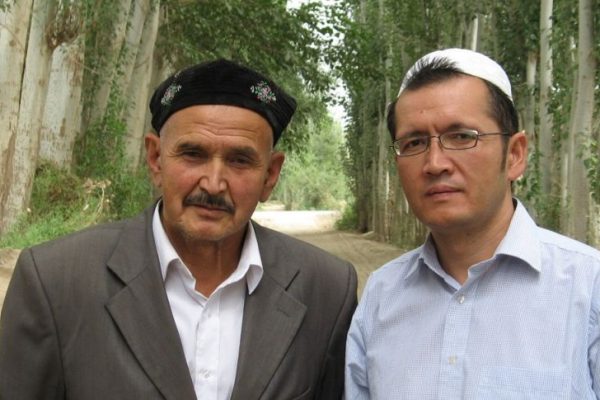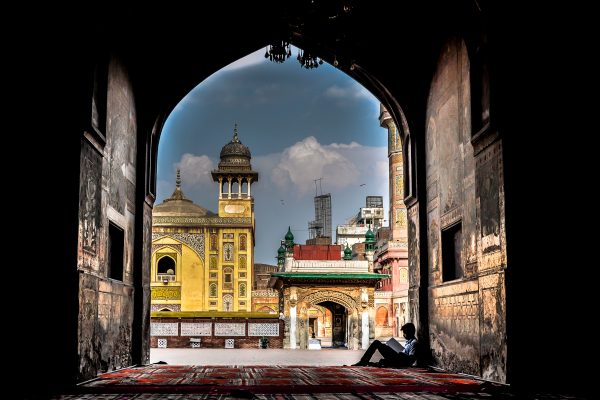Killed at the young age of 23, Mutellip continues to be a source of national pride and a symbol of cultural heritage for many Uyghurs still suffering under the oppression of the Chinese state.
Killed at the young age of 23, Mutellip continues to be a source of national pride and a symbol of cultural heritage for many Uyghurs still suffering under the oppression of the Chinese state.
Lutpulla Mutellip was born in 1922 in Xinjiang province, now modern-day China where the massive detention camps for Muslim minorities are being held. Some reports also claim Mutellip was born in Kazakhstan, although most historians agree that he was raised and went to school in Ghulja, Xinjiang (the Chinese have attempted to rename this Uyghur city as Yining).
Attending a school for mainly Tartars, Mutellip was heavily influenced by Soviet history as well as the Bolshevik Revolution in Russia. This most likely strongly encouraged him on his own path of revolutionary acts against the Chinese state later in his tragically short life. Many Uyghurs at the time were closely following Russia as opposed to the tumultuous Chinese government, with many looking towards Russian leader Joseph Stalin as a protector of the Uyghurs as opposed to Sun Yat-Sen (although history would show that Stalin was not the best of protectors).
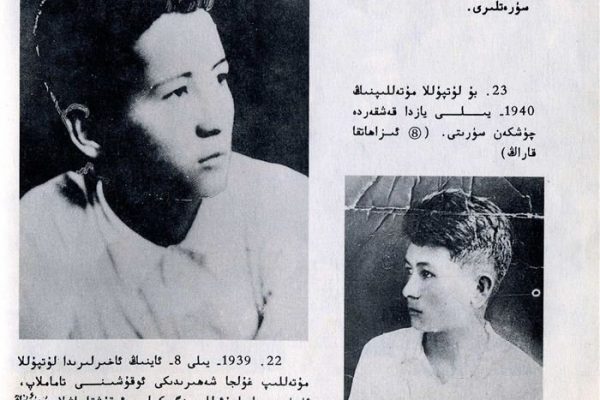
While still young, Mutellip became a prolific poet. His most famous and beloved poems remain classic because of the beauty and mastery of the Uyghur language used by him in his poems. “Response to Years” (in Uyghur Yillargha Jawap) and “Thoughtful Blessings” (in Uyghur Xiyalchan Tilek) are some of his best works.
After graduating from school, Mutellip moved to Urumqi, the regional capital of Xinjiang. In 1941, at the age of 19, he began working for the regional newspaper at the Xinjiang Daily. His news coverage, heavily critical of the ruling Nationalist Party of China, the Kuomintang, was considered treasonous and he was forced to relocate to Aksu at the Aksu Daily news station instead. Aksu, a city alongside the western border of Xinjiang province, was where Mutellip began to be heavily monitored by the Chinese authorities at the time.
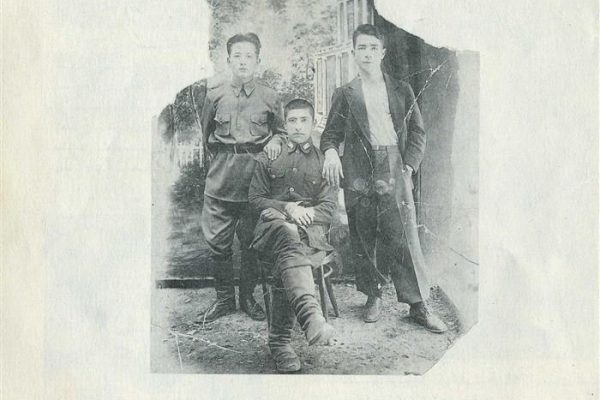
After being arrested at least once in 1944 for the political crime of inciting independence thoughts amongst the Uyghur population, Mutellip was jailed for his revolutionary writings. Once out of jail, however, Mutellip continued to write for the freedom of the Uyghur peoples.
One year later, in 1945, the National Army of the Republic of Eastern Turkistan entered the southern border of Xinjiang, near the city of Aksu. Believing this could be their chance for freedom from the Chinese with a partnership with Eastern Turkistan, Mutellip and a group of followers planned to start a rebellion in support of the advancing army and against the Chinese government. Unfortunately, however, there was a traitor amongst their group and Mutellip and his group of followers were betrayed and outed to the Chinese authorities. Mutellip, alongside the rest of their group, was arrested on the 18th of September and quickly executed.
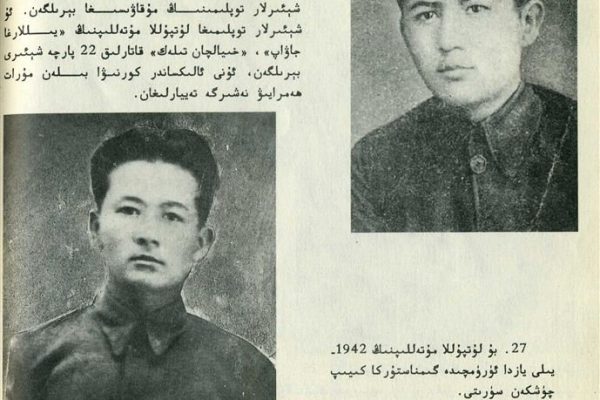
Killed at the young age of 23, Mutellip continues to be a source of national pride and a symbol of cultural heritage for many Uyghurs still suffering under the oppression of the Chinese state. China currently is detaining more than one million ethnic Muslim minority citizens across the northwestern province of Xinjiang, most of them Uyghur Muslims. Amidst this horrendous genocide, China is also destroying ancient burial grounds of the Uyghurs, most recently including the renowned grave-site of Mutellip.
According to Chinese officials, Mutellip’s tomb was moved to a “standarized” facility. The burial ground where he was buried has now been turned into a children’s playground called Happiness Park, and the exact whereabouts of his remains are still unknown. While China continues to attempt to erase the culture, religion, and lives of Uyghur Muslims, it becomes more important than ever to help remember and preserve Uyghur identity and heritage. Mutellip’s tomb may have been destroyed by the Chinese state, but let us hope that his legacy, poetry, and life will still be remembered for generations to come.
